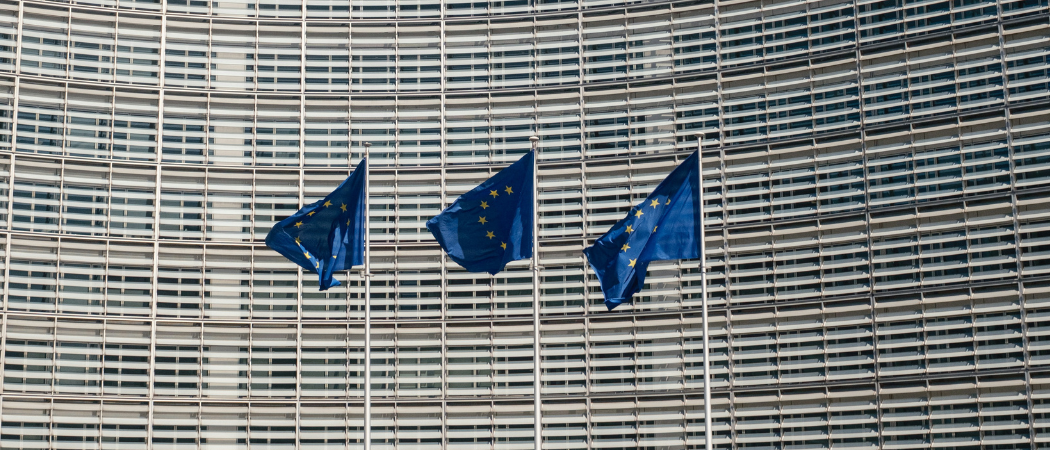Commission announces plans to implement three new research security initiatives as Zaharieva commits to legal backing in the ERA Act

Photo credits: Alexander Van Steenberge / Unsplash
New laws on research security are to be included in the forthcoming European Research Area (ERA) Act, according to EU research Commissioner Ekaterina Zaharieva.
This is expected to provide legal backing for measures to protect the EU from risks such as the undesirable transfer of critical technology, malign influence and ethical or integrity violations by foreign countries.
The ERA Act is intended to create legally blinding obligations and incentive for EU member states to create a single market for research. The European Commission had signalled that it might include research security in the Act in a call for evidence published in June, but Zaharieva’s latest statement confirms the move.
Any details about what this law might cover will likely not be revealed until the Commission proposes the ERA Act in 2026.
Speaking at the Commission’s first dedicated research security conference in Brussels on October 28, Zaharieva also announced that it would be implementing three new research security initiatives requested by EU governments in 2024.
These include establishing a European centre for expertise in research security, creating a platform that helps researchers assess international cooperation risks, and a common methodology for EU member states to test the resilience of their research-performing organisations.
Research security has been high on policymakers’ agenda as fierce global competition for technology accelerates. China in particular is seen as a dangerous research partner, with some projects posing a risk of leaking valuable knowledge to the country’s military.





 A unique international forum for public research organisations and companies to connect their external engagement with strategic interests around their R&D system.
A unique international forum for public research organisations and companies to connect their external engagement with strategic interests around their R&D system.